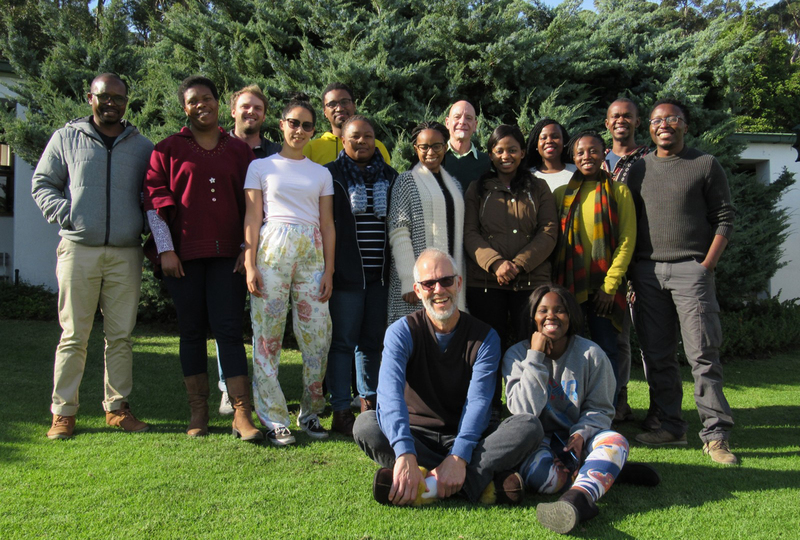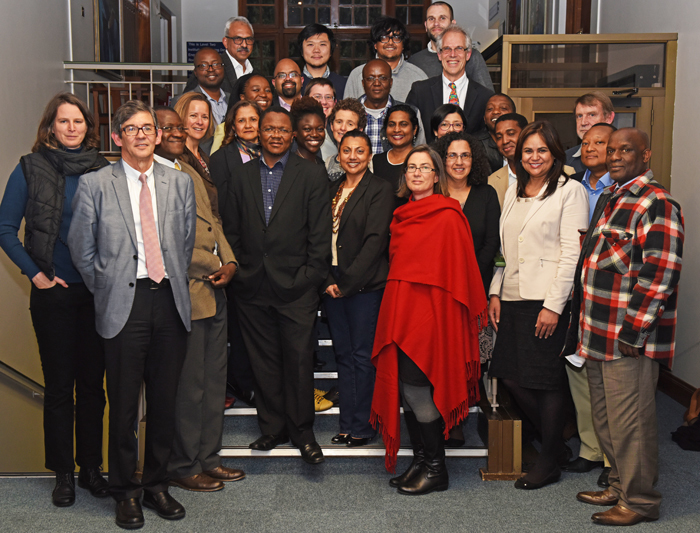
nGAP is aimed at developing young academics. UCT has embraced the opportunity provided by the Department of Higher Education (DHET) to build a new generation of black South African academics.
The DHET provides funding over a six-year period to support the appointment of an nGAP lecturer. Their time is protected to give them the best possible opportunity to complete a doctorate degree in the shortest possible time. Once the degree is completed, the nGAP lecturer’s teaching commitments are steadily increased until they shoulder a full teaching load.
nGAP newsletters provide updates on the programme:
Read more about the programme's success stories on the UCT News website.

This mid-career academic staff development and support programme is funded by the vice-chancellor’s Strategic Funds. The goal is to help members become associate and full professors.
The NGP was officially launched in September 2015. By the end of 2018, four of its members had been promoted to full professor and a further 14 had reached the rank of associate professor.
Read more about the programme's success stories on the UCT News website.
NGP newsletters offers updates on the programme:
UCT’s EE Fund is a ring-fenced pool of money allocated by the VC and DVC for Transformation to deans and executive directors for transformation. Its purpose is to enable the acquisition of talent for which there is no current budgetary provision. In other words, it is a form of bridging finance that creates a “breathing space” in the university’s employment capacity. Salary costs are carried for up to three years and recipient departments commit to creating permanent posts by the end of the period.